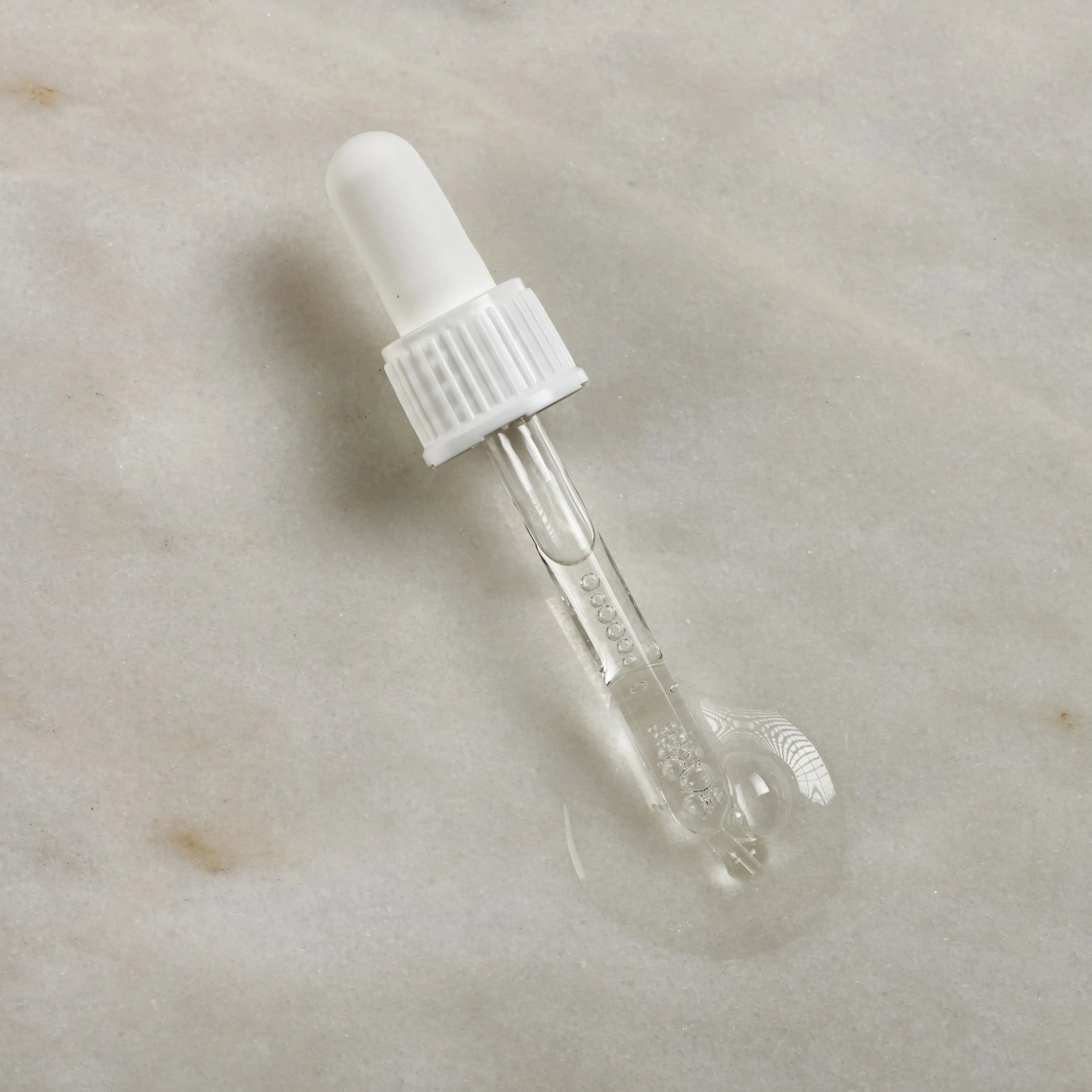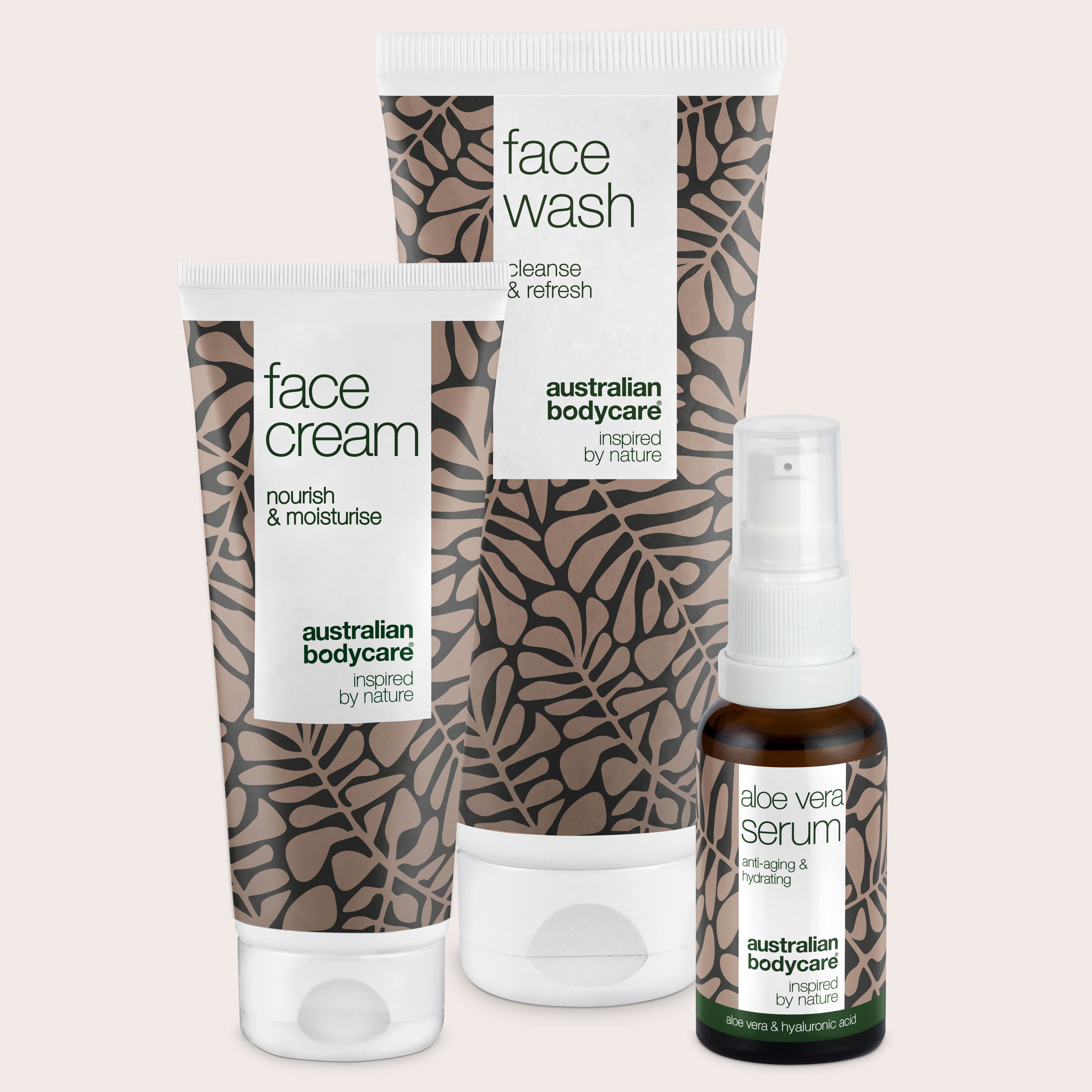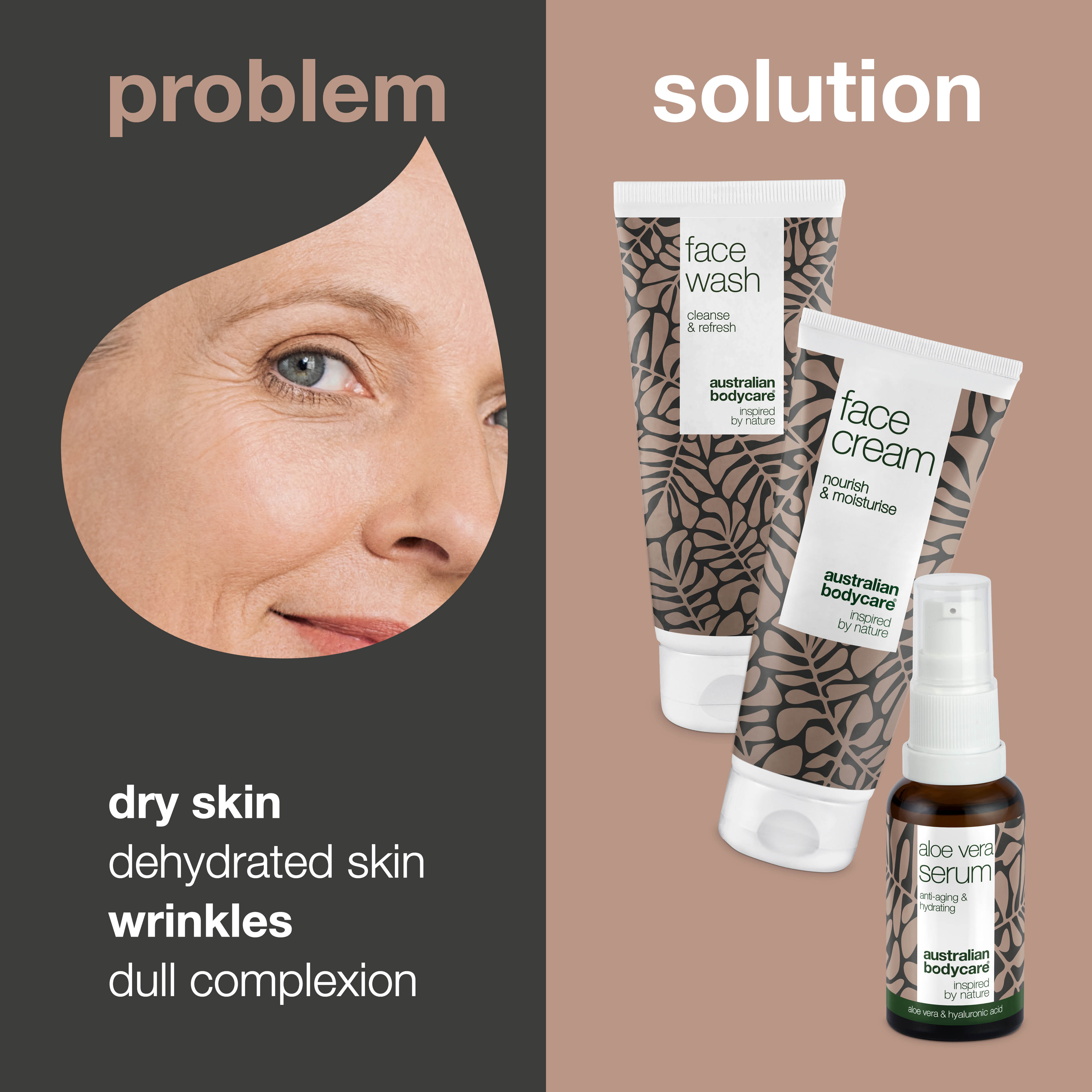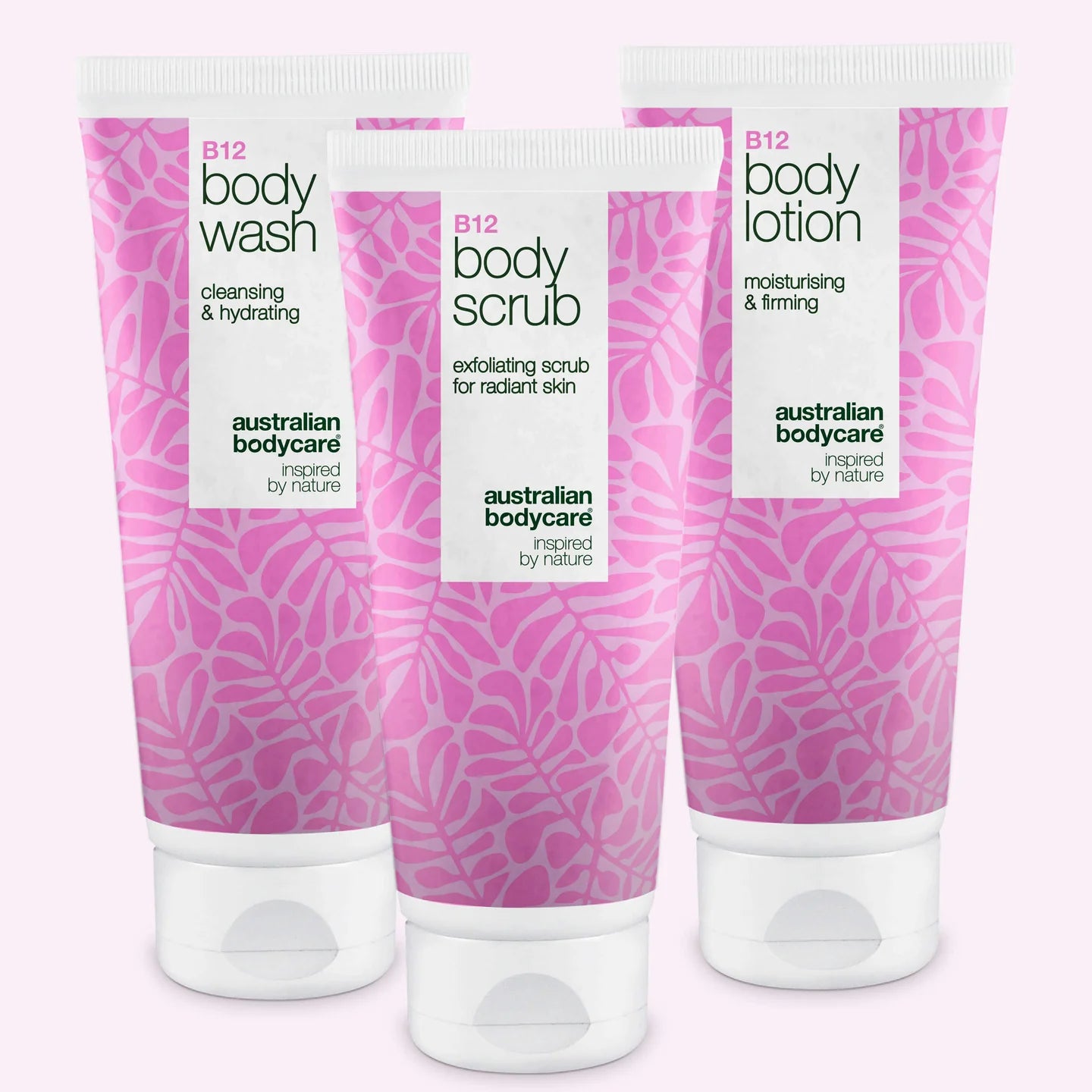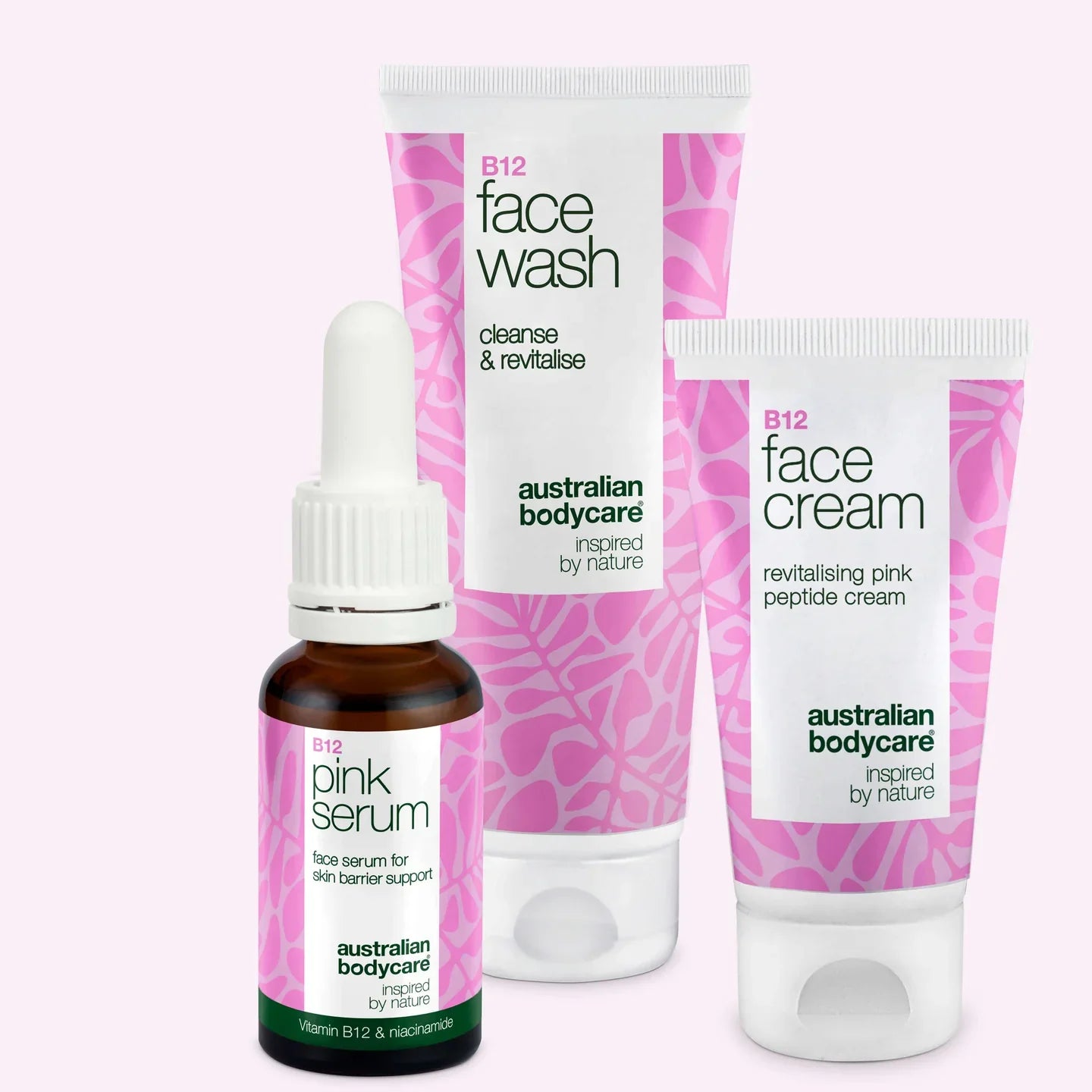No more dark circles under the eyes
Are you tired of seeing dark circles under your eyes every time you look in the mirror? You are not alone.
Dark circles under the eyes are a problem for many people. But fortunately, there are also solutions to the problem.
You can learn a lot more about them in this article, and also about why you get dark circles under your eyes.
Table of contents
What are dark circles under the eyes?
They show up as a slight darkening of the skin and/or hollowness under the eyes. The skin forms a kind of shadow that makes you look tired and peaky.
Are you often told you look tired, even though you have had plenty of beauty sleep as you should all night? Then the reason is likely to be that you have dark circles under the eyes.
How can you get rid of the dark shadows?
Even though different things can cause dark circles under the eyes, in most cases the way to get rid of them is the same.
Use good products to care for your skin
To give your skin the best chances, you need good, healthy skin care to reduce the dark circles under your eyes.
You could, for example, try Australian Bodycare’s Face Serum, with active ingredients like Tea Tree Oil, vitamin B5 and, not least, hyaluronic acid to give your skin lots of moisture, nourishment and vitality.
The serum will boost the moisture in your skin, filling out the spaces between the cells. It gives your skin a more even surface and a smoother look.
You should preferably use the serum in combination with our complete facial pack (Face Wash, Face Tonic, Face Cream and Spot Stick) in your regular skin-care routine.
How to use the complete facial pack
- Wash all dirt and dust off your face with Face Wash, which is effective, but mildly cleansing for your face. Massage it thoroughly into wet skin and rinse off with water.
- With a cotton pad, apply a little deep-cleansing Face Tonic gently all over your face.
- Take a couple of drops of Face Serum between your hands, and massage it gently into the skin on your face and throat. Do not rinse it off, and it is important to apply the serum before your cream, to ensure that all the nourishing ingredients can penetrate into the skin and work effectively.
- Gently massage with Face Cream, which soothes and moisturises, using circular movements.
- If necessary, use Spot Stick where you want to soothe areas that are sore. The stick contains clear fluid, which you can use either over or under your make-up.
Cover with make-up
If you need a little more to cover the dark circles, you will find a concealer very useful. Choose a high-pigment concealer with plenty of cover for the dark circles under your eyes.
Apply it from the inner corner of your eye, and all the way down under your eye to the outer corner. You can pat it on carefully with a brush or use your finger. It is important to blend the concealer out properly, so that it does not form blotches, but at the same time dab carefully, to keep the covering effect.
A healthy lifestyle
A healthy way of life is always best to reduce those dark circles under the eyes.
That means that you
- eat a sensible, nourishing diet, without too much salt.
- drink plenty of water during the day.
- get at least 30 minutes’ exercise daily.
- get enough sleep.
- avoid smoking.
What causes dark circles under the eyes?
There are many possible causes of dark circles under your eyes. They also vary from one person to another. Here are some of the typical causes.
Genes
Have a good look at your parents. Has either or both of them dark circles under the eyes? Then there are greater chances that you have too.
Dark circles under the eyes can in many cases be due to your genes, so unfortunately they are hereditary, even if that was not what you most wanted to inherit from your parents.
There are a lot of small, vital blood vessels in the skin under your eyes, which help to carry oxygen around the body. The skin here is also thinner than on the rest of your body, which may mean that your blood vessels are more visible than your friends’ because it comes with your genes.
Age
The thin skin under your eyes is thinner than elsewhere on your body. But as we grow older, it becomes even thinner, and the blood vessels therefore stand out more clearly.
At the same time, the skin loses elasticity and firmness, because there is less collagen. It is all part of the natural process of aging, but it means that you may get a couple of new dark ‘features’ under your eyes.
Too little sleep
You know it all too well: sleep is good for your skin, energy and general health. But if you don’t sleep enough, it will also affect your skin.
It will typically look more pale and grey – and it can make the blood vessels under your eyes stand out more under your skin.
If you do not get enough sleep, it can also cause oedema in the skin under your eyes. Oedema forms dark shadows and makes the skin look darker under your eyes.
Poor diet
If you are living unhealthily and eat a poor diet, this can also affect the appearance of the skin under your eyes. If there is a lot of salt in your diet, or if you drink large quantities of alcohol, it can cause swelling in the thin skin under your eyes.
Both salt and alcohol can cause fluid retention – which will cause the dark shadows that make you look tired and off colour.
Dehydration
Do you drink enough water during the day? You have undoubtedly heard this many times before, but water is simply an easy miracle cure for your skin.
If you drink enough water during the day, your skin gets plenty of moisture from the inside. On the other hand, if you do not drink enough, it can make your skin look dull and grey and to some extent lose its volume. It makes your eyes look sunken, and the dark circles become more prominent.
Smoking
If you smoke, it can soon make your skin look greyish. Smoking reduces the natural functions of the skin, so that it is more difficult for the blood to circulate in the blood vessels.
This is precisely what causes that dull, grey look in the skin, which can make the dark circles stand out even more.
Illness
In rare cases dark circles under the eyes may be due to a low metabolic rate or other serious condition, for example in the kidneys.
If you suspect there is anything wrong, you should always see your doctor, who can give you a professional opinion.

